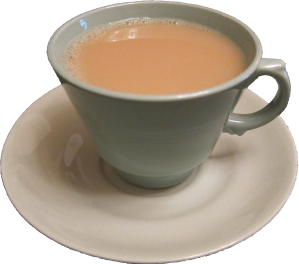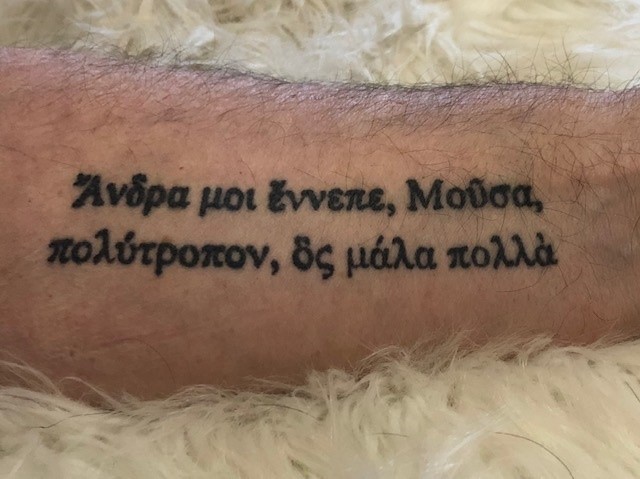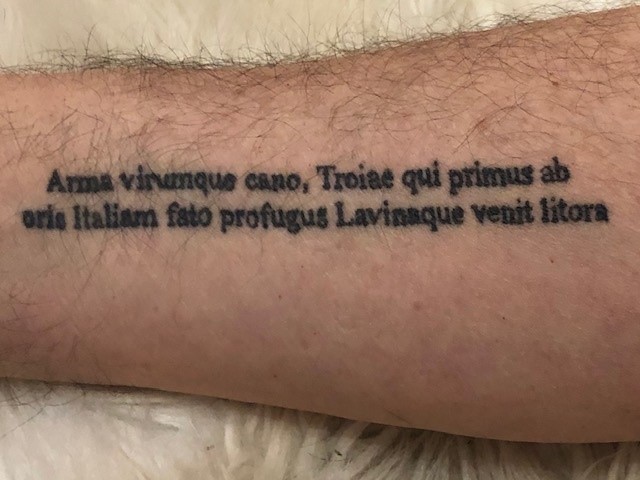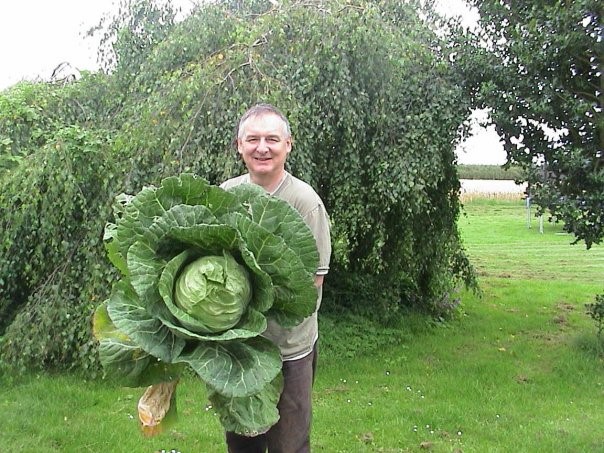
The world is in a state of upheaval at the moment, and we’re all looking for things to make us feel less anxious. Maybe Classics can help.
Today’s interview is with Colin Gough
Is there a source from the ancient world that you find yourself coming back to when you want to feel better?
Well, I can see the question but, like Aristophanes pushing the envelope, I am going to be controversial and say two, both Greek orientated, for very different but personal reasons.
ἄνδρα μοι ἔννεπε, μοῦσα, πολύτροπον, ὃς μάλα πολλὰ – Odyssey Homer
And the first 3.05 minutes of this:
When did you first come across these?
The scene is 2013, the first second-level and the first Classical Studies module as an undergraduate. After introductions the first words of the tutor: ἄνδρα μοι ἔννεπε, μοῦσα, πολύτροπον, ὃς μάλα πολλὰ – Tell me O Muse of the man of many ways.
I don’t know why but the words made the hairs stand up on the back of my neck, they sounded so evocative, so epic. The effect was life changing because, when I got home, I changed from a History degree to Classical Studies and I now eat, breathe and sleep anything classical.
The second left me open mouthed with astonishment and started my love affair with the theatre and tragedy in particular. Whilst the first one inspired me into my love for anything Classical, it is the second one I go to whenever I falter on essays or need a pick-me-up as I find the content and, dare I say the presenter, so inspiring. It kept me motivated and on the straight and narrow.
Can you tell me a bit about these sources and their context?
Hmmmm, what can I say about the opening line of Homer’s Odyssey? One of the greatest Classical Epics? Possibly the cornerstone of literature for millennia? The basis for myth, legend, playwrights, poets and filmmakers? All the above and more.
The second is the first three minutes of a three-part BBC documentary series. It starts in Ancient Greece with the intertwining of theatre, drama performance and tragedy with Athenian democracy… through the fall of the Athenian Empire and a new form of comedy… to the third episode of Roman preservation and adaptation of Greek drama and connections of modern with ancient Greek drama. Three hours of delight.
What is it about these sources that appeals to you most?
Both have the ability to transport me back to Ancient Greece. Listening to different performances in Greek of the opening lines of the Odyssey is fascinating and allows me to believe that I am potentially listening to Homer as (he?) would have been orally performed at the time. The documentary is littered with academics, gives a grounding of drama and theatre encompassing so many disciplines and the presenter, well, enthusiastic, knowledgeable and engaging doesn’t do him justice.
A final note: the opening line inspired me to the extent that I have it permanently etched as a reminder of the start of my journey of discovery. So, on my left arm:

But then my interests broadened and, in the spirit of balance on my right arm:

And finally… what do you do, outside of Classics, to cheer yourself up?
There are things outside Classics? Seriously a lot of my leisure time is taken up with classical things, but I also enjoy eating out (who doesn’t?), theatre, walking my fabulous dogs, dreaming about self sufficiency and ballet. Swan Lake is the one ballet everybody should see – even if you grit your teeth booking the tickets, I guarantee you will be emotionally moved by the music and beauty of the performance.
“Left school 50 years ago with five ‘O’ levels and after a recent foray with the OU have emerged the proud holder of a BA and MA Classical Studies. Coming under intense pressure to start a PhD but, apart from suffering acute imposter syndrome, am actually enjoying myself on a Comedy course and fitfully dipping my toes into Latin and Greek. One day maybe. We live on a farm in Hertfordshire and my nearest neighbour is over a quarter of a mile away so no problems on social distancing! Great for walking the dogs (when I have some of my best thoughts) – two beautiful sister Rotties and a Miniature Dachshund with an unfortunate Napoleon complex. Not only have I been married for 35 years, we also work together and, thankfully, share the same interests, visiting historical sites, to the extent of dragging her along to the Cambridge Greek Plays – she says she enjoys them…. honestly. Off now to dig my veggie plot (that one lasted quite a few meals).”

Stay safe and keep smiling everyone.
Impressive tattoos!!!!!
LikeLiked by 1 person
I didn’t realise my arms are so hairy, and yet my head….. 😦
LikeLike
Great to see such enthusiasm, Colin 👍 😃 Fantastic two tattoos, too 👌 I met one priest with New Testament Greek αληθής (truth) inked along his right forearm and χάρις (grace) along his left; and another priest with (so he told me) the Old Testament Hebrew Tetragrammaton (the four-letter name for God [sounds blasphemous!]) יהוה (YHWH = Yahweh) needled onto the areola around his left nipple so that it was ‘inscribed’ over his heart. Ouch! 😳
LikeLiked by 1 person
I’ve seen lots of talk about tattoos recently, I don’t have any but if I did, it’d be something in Latin or Greek. But I’d be terrified of making a typo!!!!!
LikeLike
You have no idea how many times I checked the spelling. I took it from Loeb although I did have a waiter come up to me in the Real Greek restaurant in Covent Garden who thought it was wrong. He was speaking modern Greek though so I put it down to that (I did re-check after that though).
On the Real Greek bit, they gave me a free drink and cook book on the strength of it and the Latin has got me into the Nationale Museum in Rome free and onto two blogs, one there and the other at the Ara Pacis.
So if you want free stuff, and I will take charity I’m not too proud believe me, you could do a lot worse!
LikeLiked by 1 person
Thank you so much – not entirely sure what I could do with my nipples (there must be a snappy answer to that) 😀
LikeLike
There’d doubtless be much mirthsome mileage in the range of responses you’d get if you solicited suggestions 🙄 But then that’d perhaps best be a whole ‘nother blog! 🤣
LikeLiked by 1 person
Simon Pulleyn’s edition of the first book of the Odyssey has a detailed commentary in which he discusses whether the first word, ἄνδρα, being a trochee, should have a second acute accent ie ἄνδρά as it is followed by an enclitic, μοι.Tradition seems to have followed the influential Hellenistic editor Aristarchus in preferring the former because of euphony, but modern editors like M L West in his Teubner edition (including Pulleyn) promote the latter.
LikeLiked by 1 person
Thank you for this.
I am always blown away by linguists and philoligists who can point out differences between translations, conventions and traditions. It feels well beyond my abilities and certainly well above my pay scale when it comes to languages.
So, am I right in thinking mine is traditional? And could the accent, or absence, potentially change the emphasis and interpretations within translation?
LikeLike
Certainly traditional; and as far as emphasis, we are in the realm of speculation: the acute accent is meant to denote a raised tone of voice when speaking the syllable, rather like the Chinese rising tone, so does an extra raised tone add extra emphasis to the first word? There must have been some degree of difference as Aristarchus preferred not to include it. As it was chanted to the notes of a lyre, perhaps the different enunciation would come out more appositely than when being read in manuscript by old Aristarchus?
LikeLike